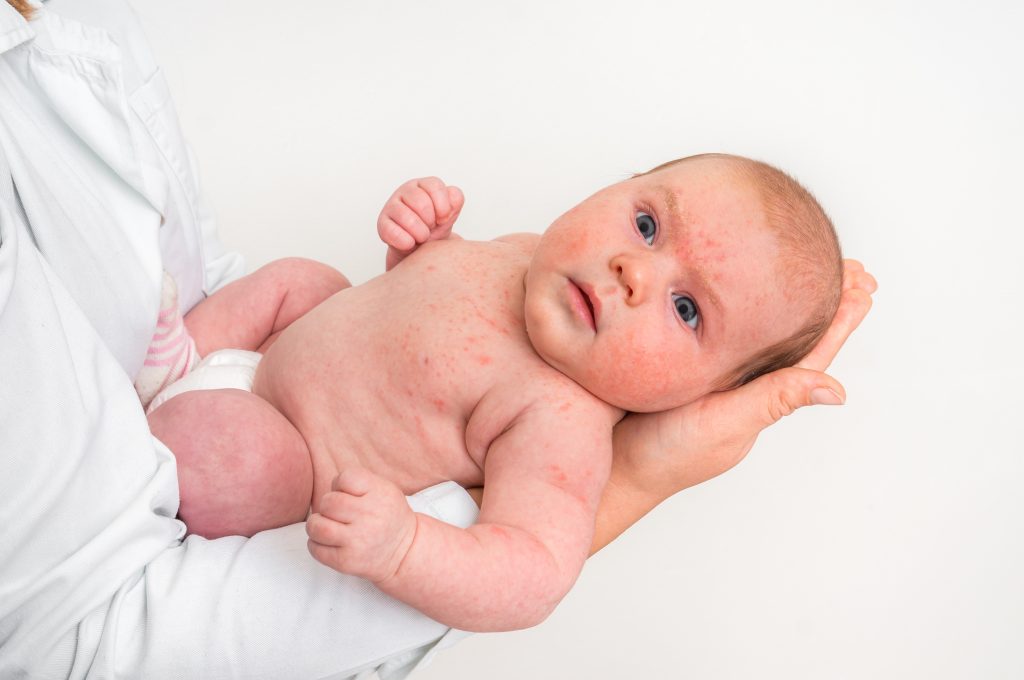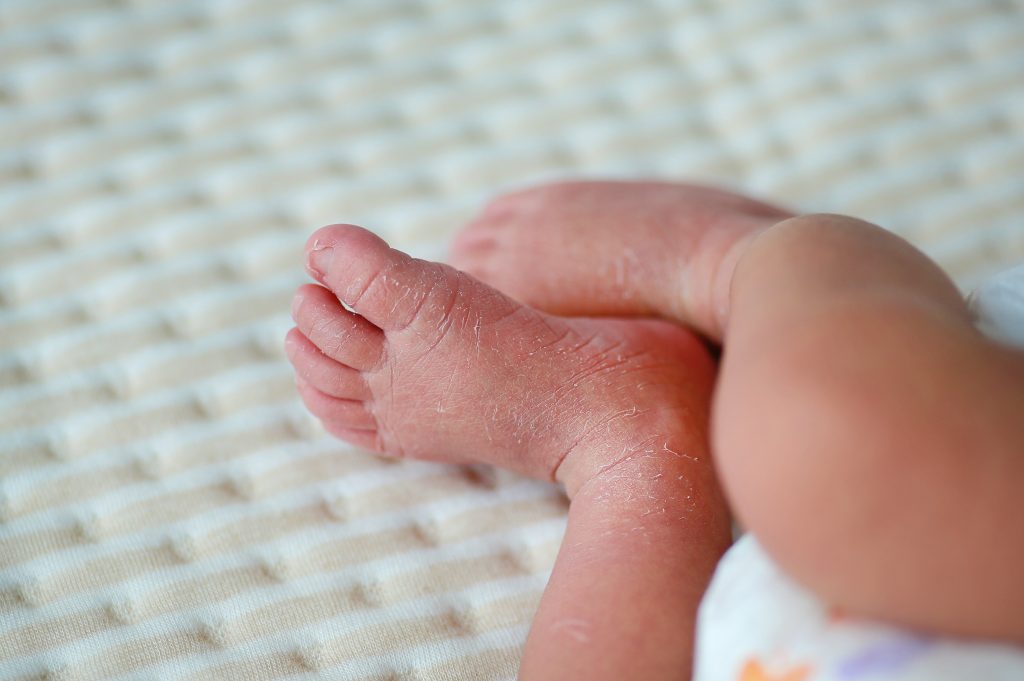Not to scare expectant mothers reading this, but as perfect as the delivery process may be, there may be little humps and bumps along the road that may happen. During birth, however, many of these are beyond your control. One of the most common examples of adverse situations that could occur is a possible birth injury to the baby. This refers to any harm that happens to the infant, before, during, or right after the birth and delivery process.
Unfortunately, also, birth injuries may have long-term and permanent effects on your child. But, the good news is that if these are discovered early on, it also increases the possibility of better management and healing.
That said, this article gives you some of the common signs that your baby may have a birth injury, such that if you feel any of these symptoms are present in your baby, you can address the problems immediately.

1. They Experienced A Premature Birth
There’s a good medical reason why babies have to reach full term before they can be delivered. Babies who are born prematurely, or before full term, are at a higher risk of birth injuries, defects, and other challenges. So, if your baby was born at least earlier than 36 to 37 weeks, then, you have to monitor your baby closely. That way, should your baby have any birth injury, the best post-delivery birth injury care can be given.
When babies are born prematurely, their organs are underdeveloped, have low birth weights, and they also have a weak immune system. These factors put these babies at a higher risk of birth injuries.
2. They Show Obvious Signs Of Birth Injuries
Some injuries can be more easily determined and are more visible than others. Your baby might show signs of some of the most common birth injuries. Once you spot any of these abnormalities, it also helps to inform your baby’s pediatrician immediately.
Some of these common injuries are the following:
- Bruises and swelling. Small bruises and swelling upon birth are common among babies. Generally, these are visible on the head or face of the baby.
- Fractures. These can happen when your baby had difficulty going through your birth canal, or if the baby was born in a breech position. For birth fractures, it’s usually the clavicle that’s most affected.
- Bleeding in the brain. A number of telltale signs of brain bleeding in babies is when they’re lethargic, have difficulty consuming both formula milk and breastfeed, and when they’re experiencing seizures.
3. They Show Signs Of Fetal Distress
Fetal distress is another common sign that your baby may be suffering from a birth injury. This refers to an emergency during labor and delivery wherein the baby may experience deprivation in oxygen.
Some of the most common signs of fetal distress include the following:
- Insufficient or excessive maternal weight gain
- Decreased fetal movement
- Cramping
- Abnormal fetal heart rate
- Vaginal bleeding

4. They Have Paralysis In One Or Both Arms
How can you tell that your baby has paralysis in one or both of their arms? A simple way to determine this is if your baby is not moving one arm as much as their other arm. It could also be manifested through having a weak grip on one hand, or if an arm is awkwardly held in the side of the body.
When your baby manifests any of the factors mentioned above, it might be a sign that your baby has damage to the area of the brain that controls the movement and sensation in the arms.
5. They Manifest Common Action Signs Of Injuries
Apart from all those enumerated above, babies can also manifest common action signs of injuries. But, take note that just because you’re able to observe these from your baby, it doesn’t mean that it immediately leads to serious injuries. Naturally, as first-time parents, you and your partner may be under a lot of anxiety or distress that even the smallest sign of problem may put you off. It’s only worth noting that once you spot any of these signs, it would be best to inform your doctor immediately so they can best ascertain whether or not it’s a telltale sign of something serious.
These common action signs of distress include the following:
- Seizures
- Arched back while crying
- Light sensitivity
- Breathlessness
- Lethargy
Conclusion
Now that you’re already aware of these symptoms, you also have a better knowledge of how to determine whether or not your baby has a birth injury. But, the facts mentioned above aren’t to scare you or cause anxiety. Birth injuries, while common, are also preventable. Especially in today’s day and age, when healthcare has become even more advanced, you can rest in the fact that your doctor is carefully monitoring your wellbeing and that of your baby’s. When any of these symptoms do occur, however, early intervention is also key to improving the treatment of your baby’s birth injury.
I’m a 20-something stay-at-home mother and wife. I have an amazing husband, a beautiful daughter, two loving dogs, and a lazy cat. I wouldn’t change my life for anything! I love to read, listen to music, cook and blog!

Speak Your Mind